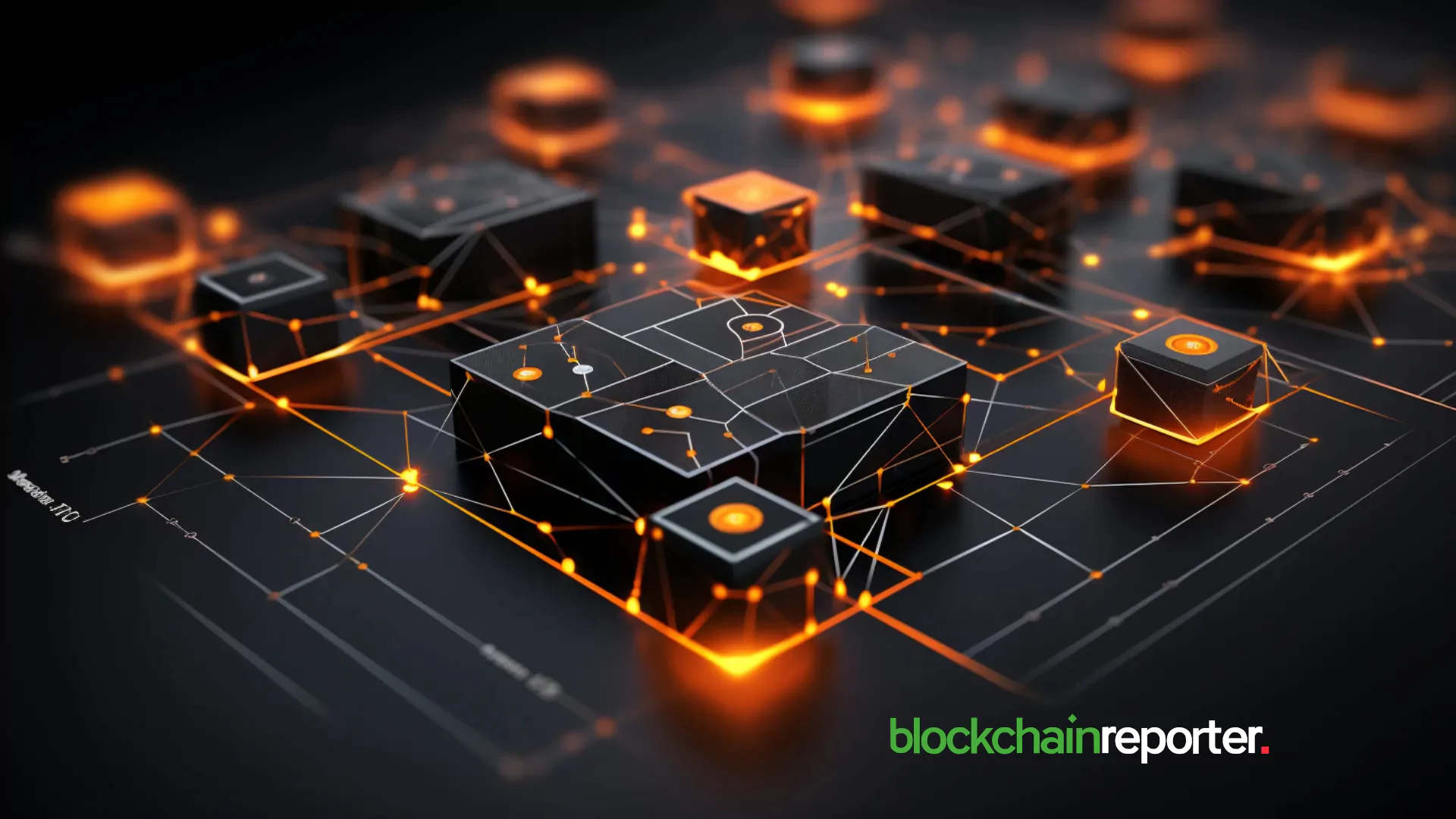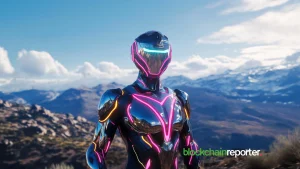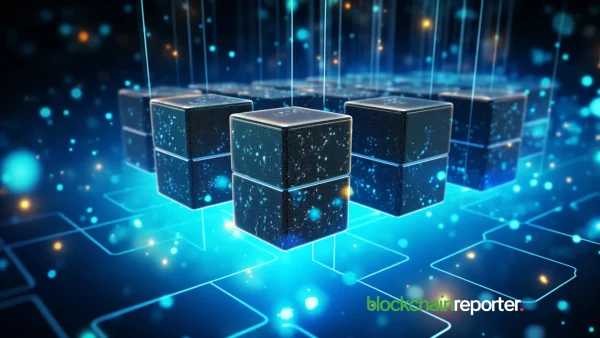
Tezos, one of the first Proof of Stake blockchains, has implemented the 12th upgrade to the protocol, known as “Lima.” This upgrade was proposed by the Tezos community, voted on by the community, and ultimately approved. Throughput can be boosted thanks to the new upgrade, which also provides validators with frequently demanded functionality and minimizes the likelihood that smart contracts will contain bugs.
Tezos is well-known as the “self-amending blockchain” for its potential to adeptly upgrade through its on-chain governance. This is a mechanism that enables network participants to advocate and vote on upgrades and adjustments to the protocol. Tezos is energy-efficient and has a low impact on the environment.
The Lima upgrade represents the fourth protocol upgrade to take place in the year 2022 alone. According to the development team Nomadic Labs (working in collaboration with all contributors to the Lima Upgrade), the following is a rundown of the most significant enhancements that have been made to the functionality of Tezos in Lima:
1. More Pipelining, Faster Blockchain
The ‘pipelining’ validation effort, which speeds up the processing of blocks and operations, is maintained and continued by the Lima protocol. This is accomplished by separating the validation process, which involves performing light checks such as determining whether or not cryptographic signatures are valid or whether or not a user has sufficient funds to pay transaction fees, from the application process, which involves carrying out the entirety of a block’s contents, including particularly computationally intensive operations such as smart contract calls.
Validation of a newly received block occurs now just before it is distributed to other peers in the network. Tezos’s overall Layer 1 throughput can be improved significantly by implementing this feature, which shortens the time it takes for blocks to be propagated over the network. This is an essential step toward Tezos’s goal of decreasing block times to 15 seconds.
2. Introducing Consensus Keys
In the Tezos ecosystem, validators are referred to as bakers. With the introduction of consensus keys, validators will be able to select a special key (one that is distinct from the baker address key) for signing blocks and performing consensus operations. This new functionality enables bakers to simply update their consensus key without altering their public address in the event that they need to change their node setup as a result of security concerns or technological improvements. Given this, they will no longer lose delegators due to a change in configuration, nor will they be required to communicate with delegators off-chain to relocate them to a new address.
3. Improvements To Tickets
Tickets are a special kind of data that can only be found in the Tezos smart contract language. They serve as the basis for scaling solutions and enable a wide variety of use cases, including tokenization, authentication, and voting, amongst others. Lima will no longer permit the generation, storage, or transfer of zero-amount tickets, which will reduce the likelihood that smart contracts may contain bugs.
An Innovative Layer 2 Scaling Solution
In addition, the Lima update completes the development work that was being done on Smart Rollups, a cutting-edge solution for Layer 2 scalability, which is anticipated to make its debut in the upcoming upgrade proposal. The core developers of Tezos hope to reach up to one million transactions per second (TPS) with the help of smart rollups, and a public test of this capability is scheduled to take place in the early stages of 2023.
Moreover, some previous upgrades have made it possible for major enhancements to be made to Tezos’s functionality, including the following:
Hangzhou: Introduced a number of enhancements, including views, which grant smart contracts the ability to read the storage state of other smart contracts; timelock encryption, which serves as a defense against Block Producer Extractable Value; and caching, which allows for more expedient access to frequently accessed data at reduced gas costs.
Ithaca: Tenderbake is a new Tezos consensus process that has been introduced. This new technique enables the Tezos blockchain to achieve rapid finality and enhanced scalability.
Jakarta: Introduced Transaction Optimistic Rollups (TORUs), which is an experiment into enshrined rollups, which led to greater throughput, decreased fees, and a pathway to greatly increased long-term scalability.
Kathmandu: Smart contract optimistic rollups on bleeding edge testnets have been enabled, which prepares the protocol for the eventual complete inclusion of Smart Rollups. Additionally, the initial steps of pipelined block validation have been added.
The Largest Developer Ecosystem With Top-Notch Features
Tezos is a prominent original Layer 1 blockchain that implements staking as a method for securing its network. It also has a proven track record of both security and scalability. Tezos is an excellent alternative blockchain platform for developing applications that are friendly to the environment because it operates with a much-reduced need for energy and at a lower cost.
Tezos is a pioneer for Proof of Stake blockchains. It has witnessed widespread adoption and rapid expansion in developer activity in 2022, with smart contract deployment up 288% in comparison to the same period in 2021. In addition, Tezos was identified among the biggest developer ecosystems in the annual Electric Capital Developer Report.
Leading firms that are increasing their presence in the Web3 space are finding that Tezos is an enticing alternative owing to its capacity for upgrading and innovating in a way that is efficient with energy. Tezos is presently being utilized by world-famous companies and organizations such as Manchester United, McLaren Racing, Team Vitality, The Gap, and Evian, amongst others, in order to develop their respective fan and customer experiences.
Tezos is quickly becoming the blockchain of choice, particularly among creative professionals and NFT platforms, and this development trend is expected to continue. In addition, Tezos was the only blockchain that had a presence at the recent 2022 Art Basel Miami Beach, where notable generative artists displayed their work that had been minted on Tezos.
Tezos is a new kind of money that reinvents what it means to own and trade value in a world that is more dependent on digital connections. Tezos is a blockchain that is both self-upgradable and energy-efficient, and it uses the Proof of Stake consensus method. It has an established track record, and it can incorporate tomorrow’s innovations without causing network interruptions today.









